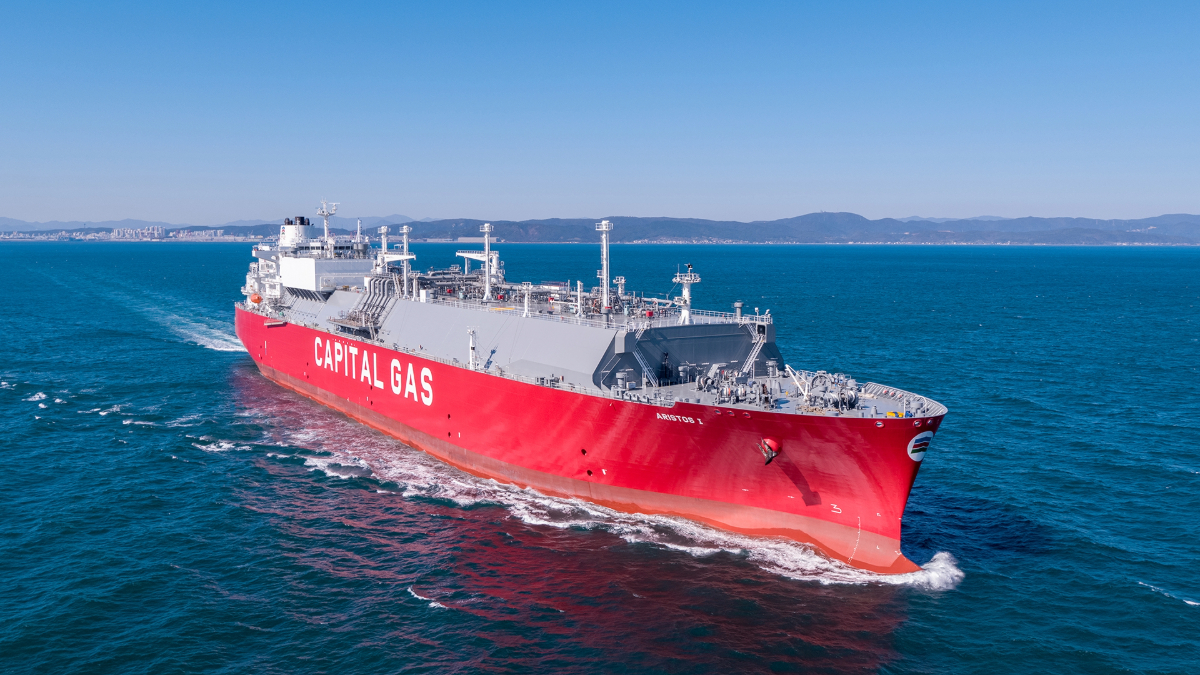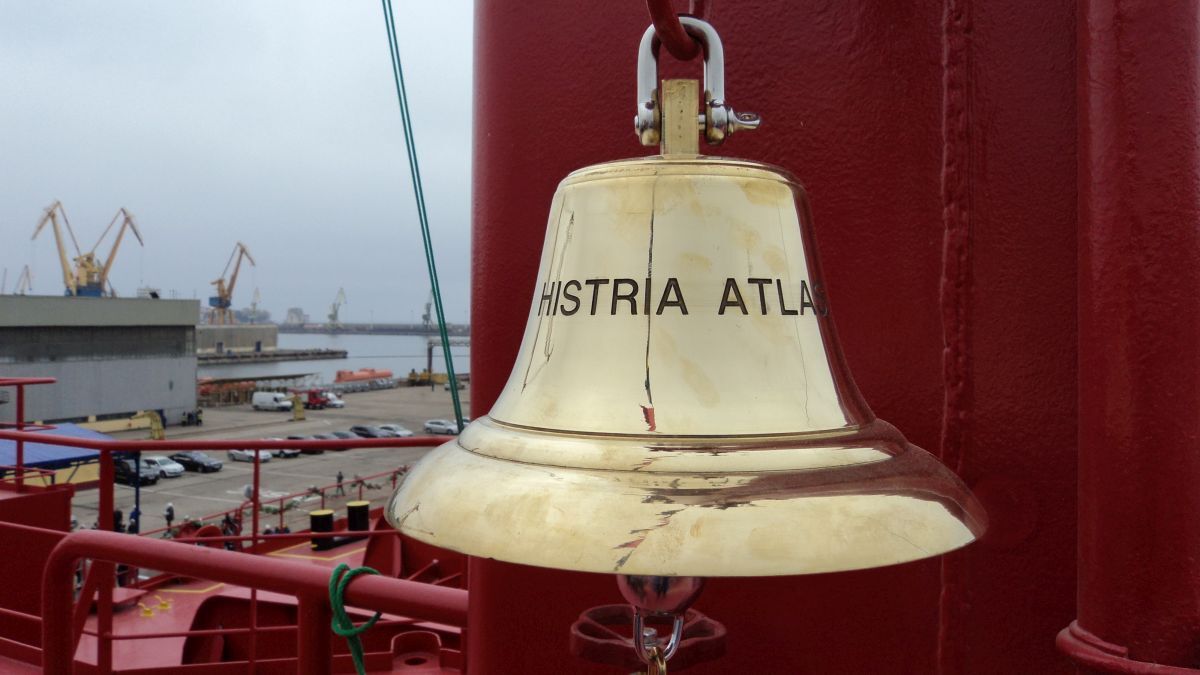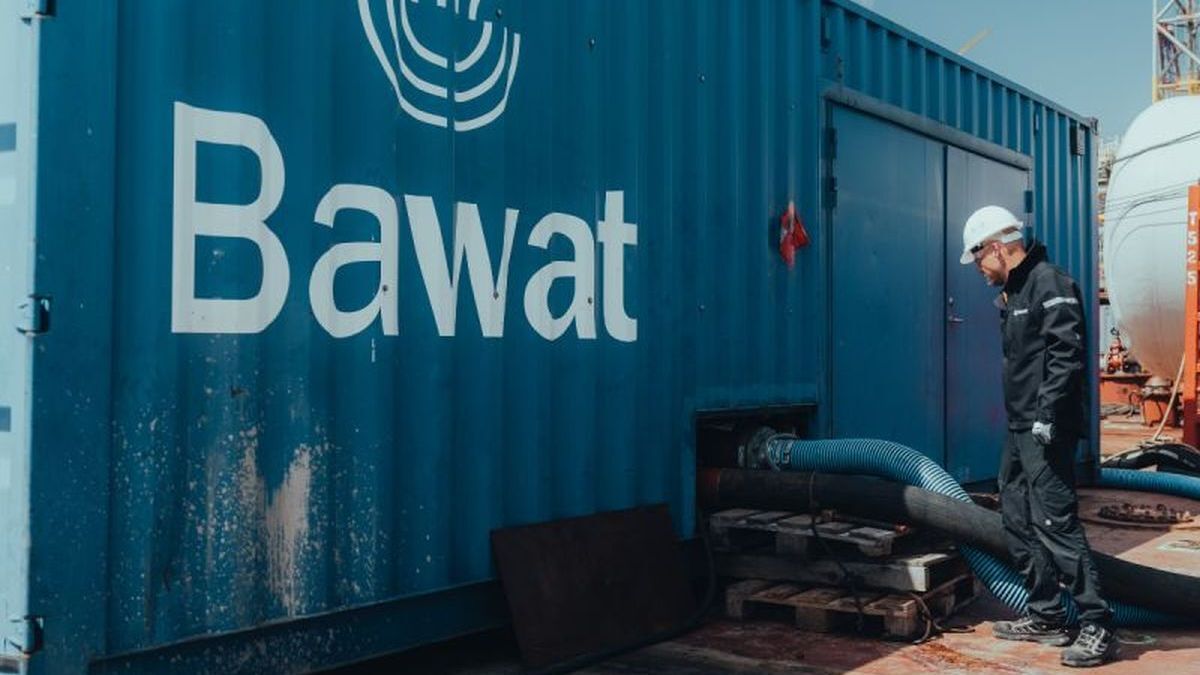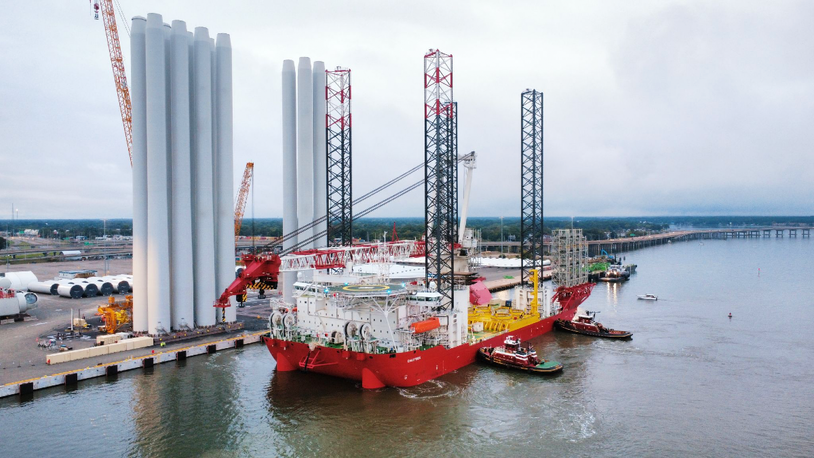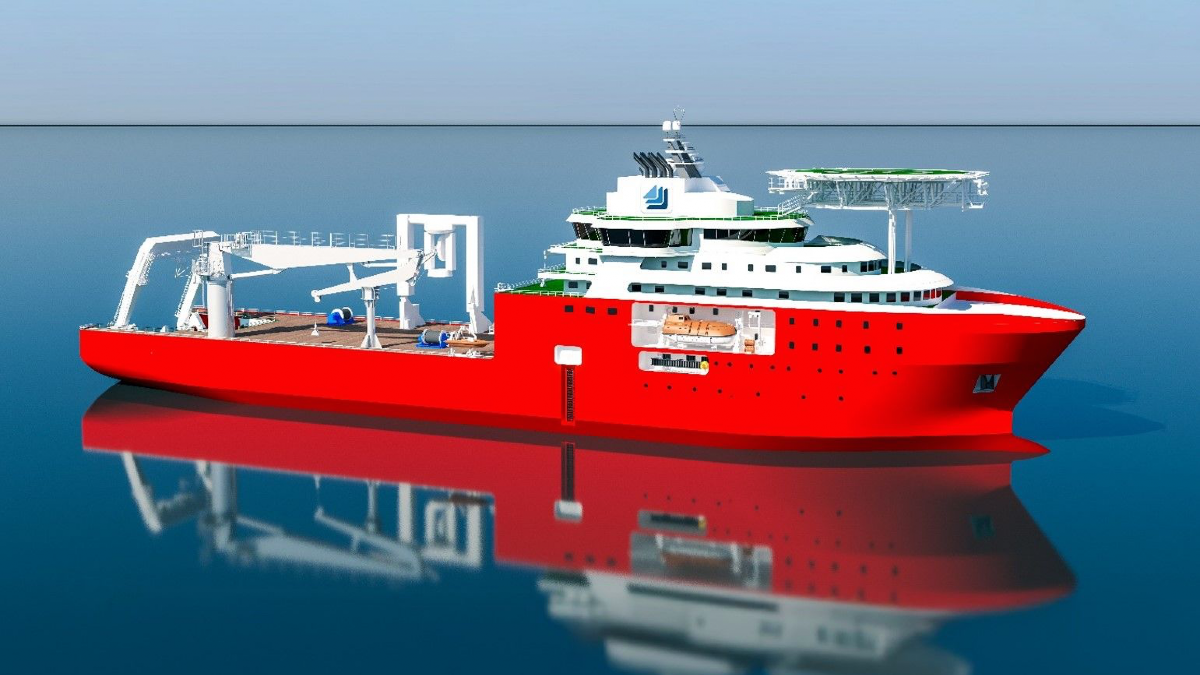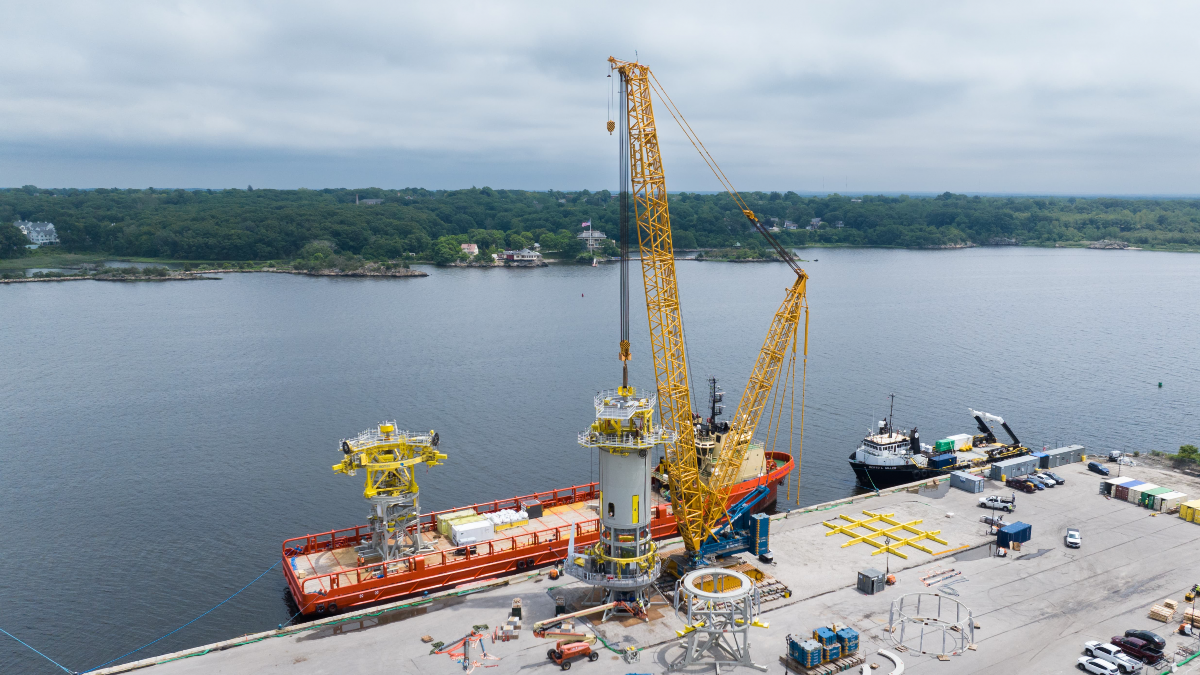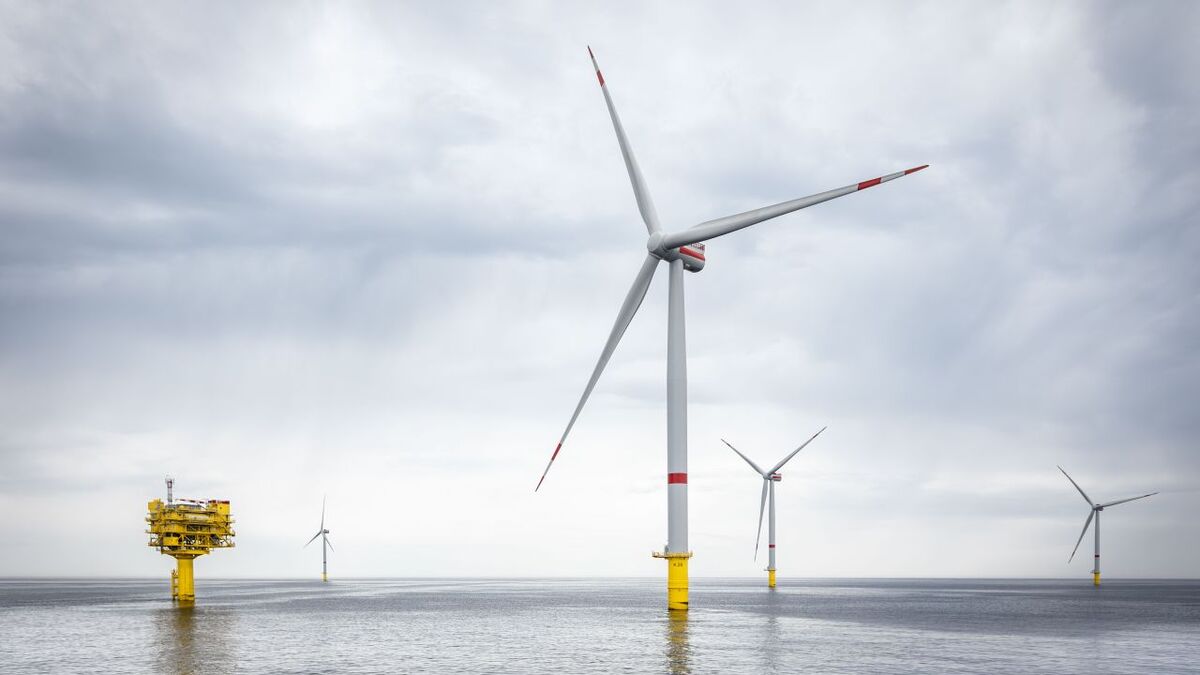Business Sectors
Events
Offshore Wind Webinar Week
Contents
Coalition calls on Dutch government to safeguard 21-GW offshore wind goal
A coalition of 21 organisations from the offshore wind sector is calling on the Dutch government to safeguard its commitment to 21 GW of offshore wind capacity by 2031
In a message to The Netherlands Minister of Climate Policy and Green Growth Sophie Hermans, the coalition asked the Minister to accelerate the electrification of Dutch industry and adopt the use of a Contract for Difference (CfD) support scheme “so offshore wind can continue.”
The coalition said, “This approach will ensure continued investment in our energy independence, climate goals and a stronger economy for the Netherlands and Europe.” It said the recent postponement of tenders for the IJmuiden Ver Gamma offshore wind area “highlight the challenging phase the offshore wind industry is currently facing.
“Rising costs and the slow pace of industrial electrification have resulted in significant, often unacceptable risks for the development of new offshore projects,” the members of the coalition say.
“To guarantee the availability of adequate renewable energy in the future, the development of offshore wind cannot come to a halt,” said the coalition.
“In response, the Minister has announced an Action Plan for Offshore Wind. With this call to action, the sector aims to emphasise the urgency of such a plan,” said the members of the coalition, which consists of developers, suppliers, ports and industry associations. Together, they are urging the Minister to provide clarity as soon as possible about the schedule for tenders required to meet the 21-GW goal.
The coalition makes several recommendations to ensure the realisation of future tenders. These include the introduction of CfDs, to ensure stable deployment of offshore wind for developers and their supply chains; preparation of a fallback option, in the form the SDE++ subsidy scheme, for auctions in 2026, as long as CfDs remain unavailable; and stronger incentives for decarbonisation through the electrification of industry and compensation for grid tariffs.
“The Netherlands has taken a global leadership role in offshore wind. This position is supported by the high-quality and innovative development of offshore wind in the country,” the coalition concluded.
“Stagnation in offshore wind deployment would have far-reaching consequences for Dutch and European energy security, the energy transition, and the business and investment climate. We want to prevent this and are committed to ensuring a strong and energy-independent Netherlands.”
Sign up for Riviera’s series of technical and operational webinars and conferences:
- Register to attend by visiting our events page.
- Watch recordings from all of our webinars in the webinar library.
Related to this Story
Events
Offshore Wind Webinar Week
Maritime Decarbonisation, Europe: Conference, Awards & Exhibition 2025
Offshore Support Journal Conference, Americas 2025
© 2024 Riviera Maritime Media Ltd.




